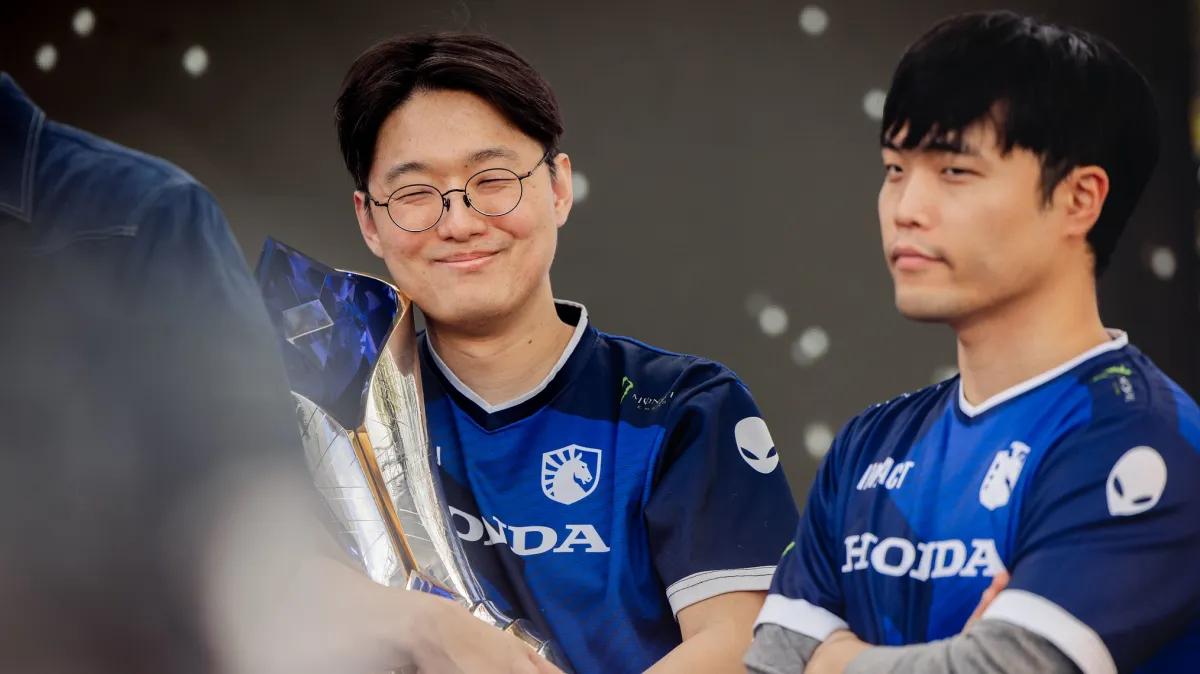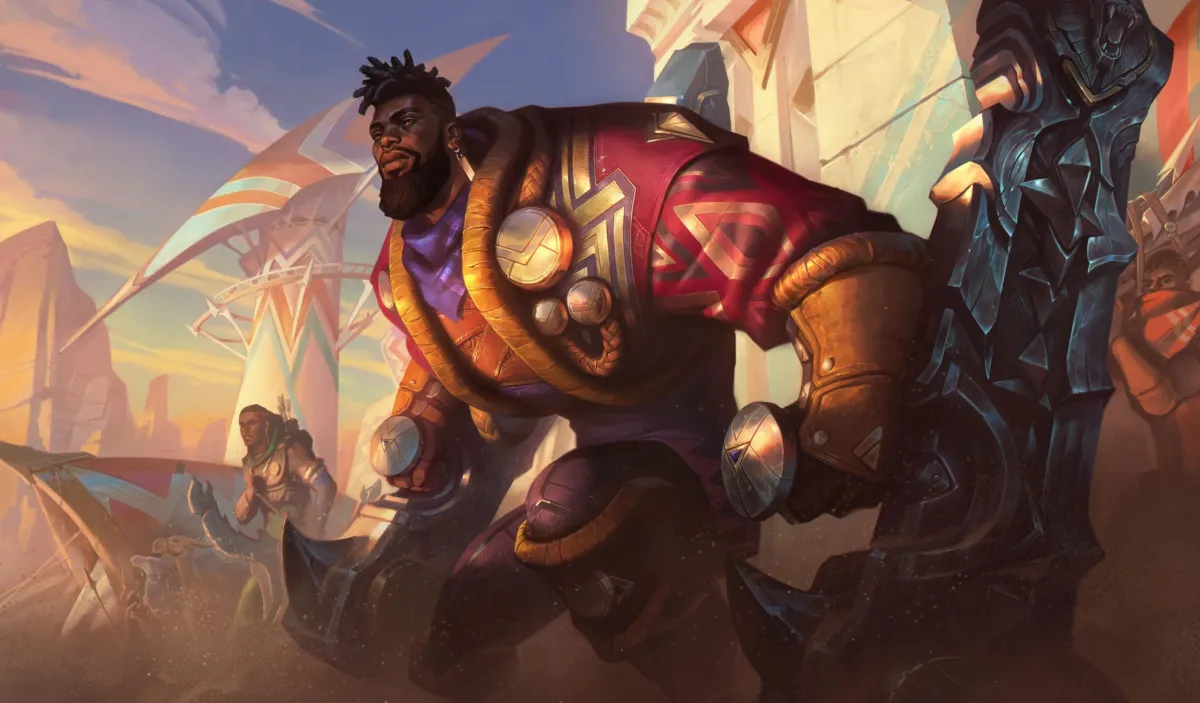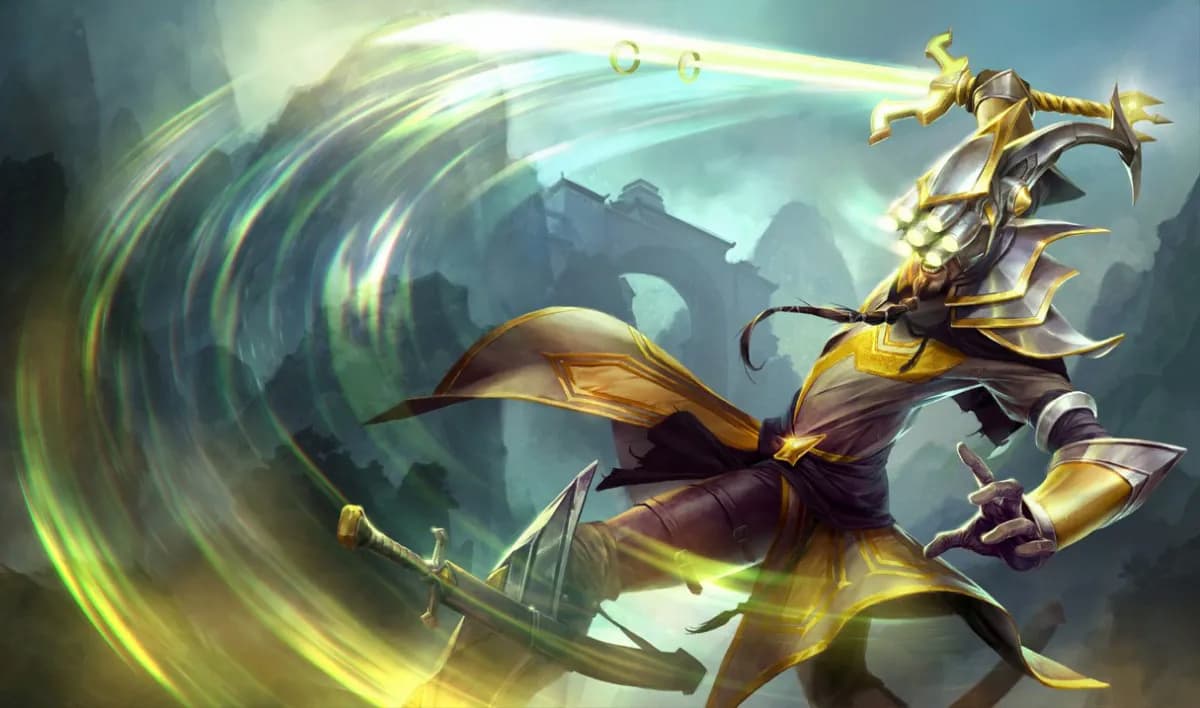In a move that will catch few with knowledge of the pro League scene by surprise, Team Coast, a North American professional League of Legends squad, has been sold to a group of outside investors for an undisclosed amount. On the surface, this appears to be yet another grassroots company trying to make a quick buck, driven by the recent influx of capital that has incentivized multiple other organizations to sell their League Champion Series teams, with at least one raking in one million dollars. And even though the team, now named NRG Esports, has yet to compete in a professional game after sweeping Enemy Esports 3-0 to qualify, there have been similar rebrandings of new teams in the past.
That being said, the main controversy surrounding this move spawns from the retooling of the roster, which involved removing all but one of the previous players and support staff and replacing them before they had a chance to compete professionally. While there have been large-scale rebuilding of rosters in the past, this is the first time a team has been bought and then had its members replaced before the competitive season even started. This action has touched upon a sensitive subject in eSports, where the rights of players can be held hostage by confusing contracts, stern anti-poaching rules, and minimal representation to help them along.
But while player support should be a consideration, and there should be at least some regulation to back it up, this is not the hill that player advocates should want to die on. It is unfortunate, some would say cruel, that the players who worked to qualify for the LCS now have that spot taken away, but similar roster swaps have been made in the past, albeit not as drastic as this. If the goal of the owner is to win, he should be allowed to do whatever he wants to reach his goal as long as it is allowed by the rules, whether others think it is fair or not. Players should be aware of what they are getting into when they commit to this industry, and if they want to mitigate risk, they can try to avoid these situations, either by actively searching for good teams, or by creating their own.
Those who disagree might argue that it should be against the rules, but their disagreement seems to be mostly an emotional one. What is the difference between replacing one player, which has happened multiple times when a team has recently qualified for LCS, versus replacing two, three, four, or even five? What about teams that have been in the LCS, but then ditch their entire roster after an uneventful season? Those members surely earned their spot in the next season, so shouldn’t removing them be disallowed too? The answer is a definite “No.” In no other professional sport is there any rules relating specifically to whether or not a new administration can, well, can the current players. Sure, other sports have contracts, and rules regarding them, but that is a different, although slightly related, topic.
However, there still is good reason to be wary of this move, and startlingly enough, it is based on the intentions of what remains of the old Coast. The team has had a tormented history revolving around the LCS, qualifying three times, and being relegated twice. Widely considered to be too good for the Challenger (semi-pro) scene but too bad for the LCS, this may be the perfect opportunity for them, even if they do not realize it. After this purchase, there now exists a precedent for farming1 LCS spots, and Coast is the ideal team for the job. There is not a guarantee it will work, since there will be other, competitive teams, but even with a 50% success rate, that is a million dollars a year, a veritable fortune for a team of Coast’s caliber.
The circumstances have also never been better. Previously, the three worst teams from the LCS would play a best of five match against the three best Challenger teams, and the winners would earn a spot in the next season, but with the advent of the LCS expansion from eight to ten teams before the 2015 Spring Split, there was also a change to the qualification system; namely, the top Challenger team would automatically advance, and the bottom LCS team would automatically drop out. This change was intended to dissuade professional teams from giving up near the end of the season, and to ameliorate the gap between the infrastructure of a pro team and an amateur one, but it appears to also be a way for an enterprising team to strike it rich.
The ramifications of such a scheme would be intriguing, since it would likely allow talented players (with a wealthy backer) to skip the ‘off-season’ of Challenger and go straight to the pros, though it undoubtedly also is not what Riot Games wants to see happen. The scene has historically been a proving ground for up and coming teams and regional talent. Notable teams that have joined the LCS after its inception in 2013 include Cloud9, LMQ, Gravity, Origen, Roccat, and H2K. There has also been bevy of other teams which have either become mainstays as lower ranked teams, or whose first season has also been their last, but it has been shown that new teams can, with enough talent and coaching, rise up to be at the top of their region.
Still, it is not a secret that many who are involved in the amateur League scene think that it is in dire need of an improvement, and if something similar to what is described above starts to happen, that change will likely come sooner rather than later. While there is nothing blatantly wrong about farming LCS spots2, it invites controversy, and that is something Riot has tried to steer clear of in an effort to prove the legitimacy of the the burgeoning eSports business. There are multiple approaches that could be used to discouraging this practice, but there is none that is clearly the correct choice.
One way would be to discontinue the automatic promotion of the top Challenger team, although this is unlikely. Another solution, which has already been touched on, is requiring players to remain on the roster after the team is sold. In a similar vein, there could be rules about how or when the team that just qualified could be sold, but this also has its own issues. A less regulatory solution may be to institute a meaningful way of supporting players in the scene. To allow amateur players to have a better chance at the big leagues, there could be resources designated to helping with contracts, planning for various situations, and keeping both the players and the teams accountable to each other3.
It is more than possible that the entire premise of this article is wrong, and Coast actually does not have any ulterior motive besides cashing in while the market is there. But even if they do not end up being the perpetual gatekeeper, that does not mean some other team even better than Coast will not decide to give up their dreams of attending worlds in favor of grabbing a couple million a year instead. This is a complicated subject, but also one that should be addressed, since it has the potential to be disastrous, or beneficial depending on viewpoint, for the amateur scene based on how it is handled.




